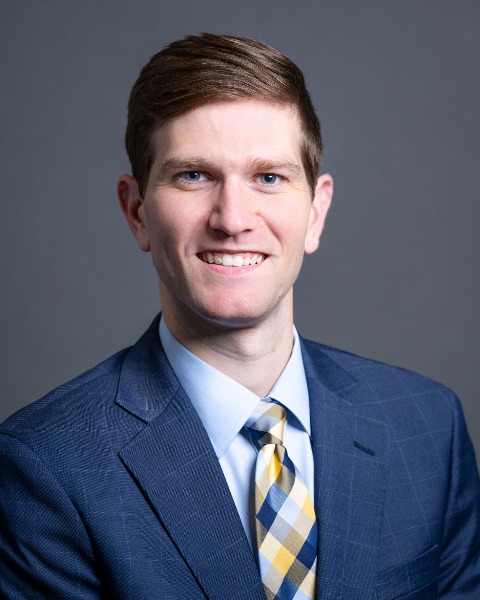Education
The Weill Cornell Skull Base and Microneurosurgery Skills-Based Neurosurgery Fellowship Experience: A 20-Year Retrospective
The Weill Cornell Skull Base and Microneurosurgery Skills-based Neurosurgery Fellowship Experience: A 20-year Retrospective

Travis Atchley, MD
Resident
UAB Neurosurgery
Birmingham, Alabama, United States
Presenting Author(s)
Introduction: The state-of-the-art Weill Cornell Neurosurgical Innovations and Training Center was established in 2011 as the new dedicated home for the Skull Base and Microneurosurgery Fellowship, which was founded in 2004. This skills- and laboratory-based fellowship provides structured, proficiency-based instruction in complex skull base anatomy, approaches, and techniques in a non-patient-based setting. This study evaluates the fellowship's 20-year impact on the surgical skills, professional confidence, and career trajectories of its alumni.
Methods: The fellowship program, which lasts 6 to 12 months, is tuition-free and open to surgeons worldwide, from senior residents to mid-career surgeons. The program consists of an initial 3 months of training in skull base surgical anatomy, followed by 3 to 9 months of training in skull base surgical approaches and techniques. All training follows a standardized sequential dissection curriculum covering the entirety of the skull base. In order to assess the impact and efficacy of this fellowship program, all former fellows were asked to complete a detailed anonymous survey reflecting on their experience and its impact on their surgical abilities and careers.
Results: As of July 2024, 186 fellows from 42 countries have completed the fellowship, with 117 completing the survey. Survey data show a 60% increase in alumni’s perceived neurosurgical skills, abilities and armamentarium (P < 0.0001). Significant improvements included creating a mental map of the skull base (+81%), skull base techniques (+75%), and complications management (+70%) (P < 0.0001 for all values). Alumni widely agreed that the fellowship advanced their skills, positively impacted their careers, and was essential to their training; 96.5% expressed high satisfaction with the program, and 98.2% would recommend it to other neurosurgeons.
Conclusion : The lab-based Weill Cornell Fellowship in Skull Base and Microneurosurgery has had a profound and positive impact on its alumni. The significant degree of increases in perceived skills and abilities gained following the fellowship are especially notable given the fellowship’s limited duration and indicate that this model of focused training could serve as a global benchmark for skills-based neurosurgical training.
Methods: The fellowship program, which lasts 6 to 12 months, is tuition-free and open to surgeons worldwide, from senior residents to mid-career surgeons. The program consists of an initial 3 months of training in skull base surgical anatomy, followed by 3 to 9 months of training in skull base surgical approaches and techniques. All training follows a standardized sequential dissection curriculum covering the entirety of the skull base. In order to assess the impact and efficacy of this fellowship program, all former fellows were asked to complete a detailed anonymous survey reflecting on their experience and its impact on their surgical abilities and careers.
Results: As of July 2024, 186 fellows from 42 countries have completed the fellowship, with 117 completing the survey. Survey data show a 60% increase in alumni’s perceived neurosurgical skills, abilities and armamentarium (P < 0.0001). Significant improvements included creating a mental map of the skull base (+81%), skull base techniques (+75%), and complications management (+70%) (P < 0.0001 for all values). Alumni widely agreed that the fellowship advanced their skills, positively impacted their careers, and was essential to their training; 96.5% expressed high satisfaction with the program, and 98.2% would recommend it to other neurosurgeons.
Conclusion : The lab-based Weill Cornell Fellowship in Skull Base and Microneurosurgery has had a profound and positive impact on its alumni. The significant degree of increases in perceived skills and abilities gained following the fellowship are especially notable given the fellowship’s limited duration and indicate that this model of focused training could serve as a global benchmark for skills-based neurosurgical training.

.jpg)